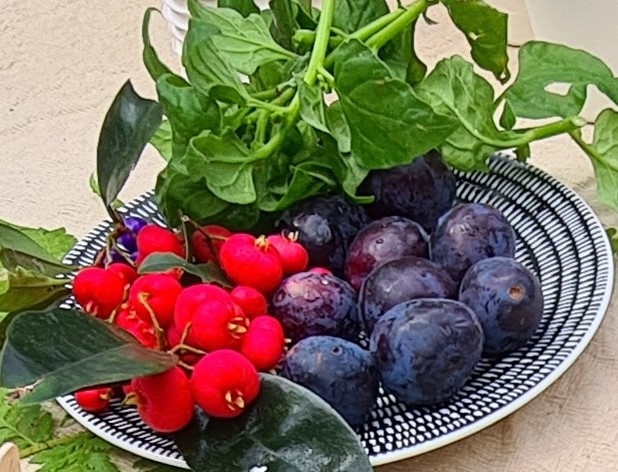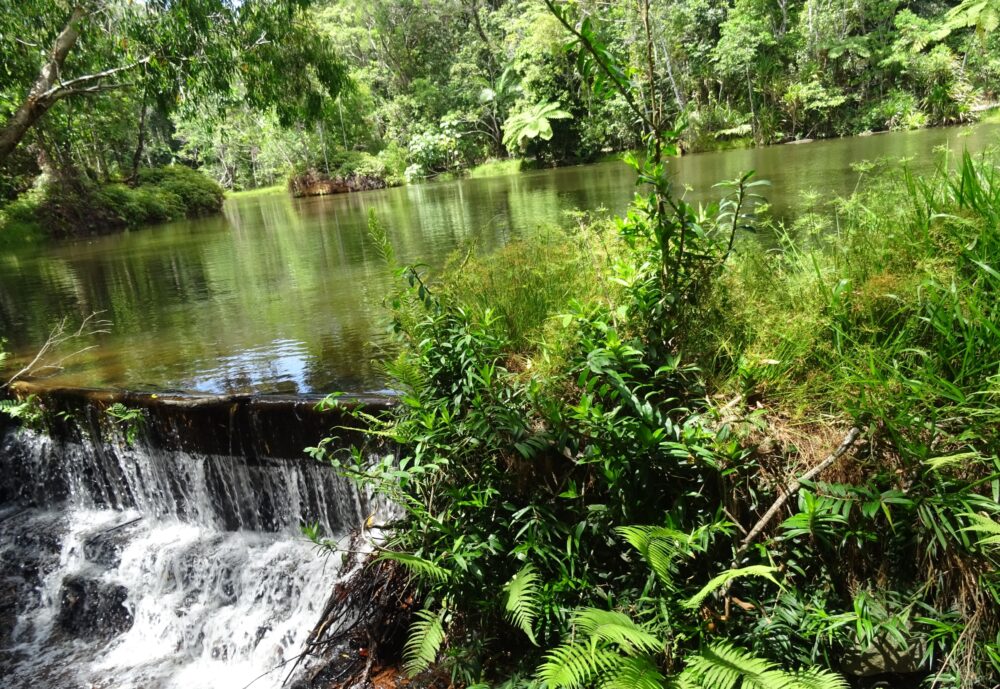By Neena Bhandari
Sydney, 18.10.2023 (Healthed): In the inner-city area of Sydney where HIV was once most prevalent, new HIV acquisition has dropped by 88% since 2010, through community outreach and prevention efforts, including widespread availability and use of pre-exposure prophylaxis (PrEP).
It’s an example that highlights both progress and potential — while HIV remains a global health challenge, it is more treatable and more preventable than ever before, and GPs play a pivotal role in further reducing transmission and improving quality of life.
Associate Professor and sexual health physician, Jason Ong, from Monash University and the Melbourne Sexual Health Centre, says diagnosing people living with HIV earlier and immediately linking them to ongoing care and treatment is crucial to this.
© Copyright Neena Bhandari. All rights reserved. Republication, copying or using information from neenabhandari.com content is expressly prohibited without the permission of the writer and the media outlet syndicating or publishing the article.


